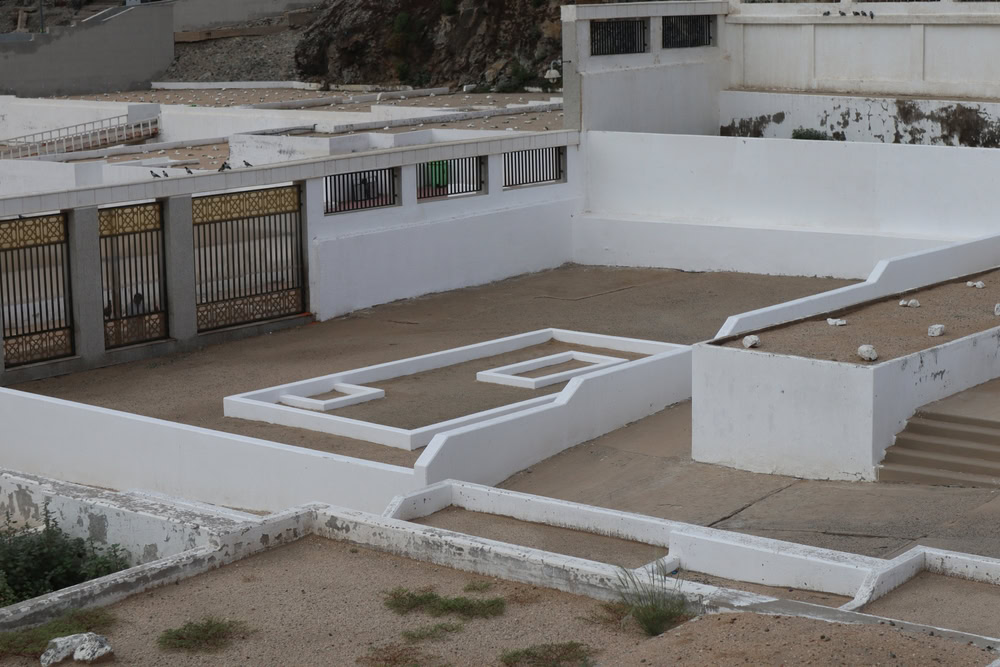Why Did the Prophet Only Marry Sayyida Khadija during Their Marriage?
Answered by Shaykh Dr. Muhammad Abu Bakr Badhib
Question
Why did the Prophet (Allah bless him and give him peace) not marry anyone other than Sayyida Khadija while he was married to her?
Answer
In the name of Allah, and all praise is due to Allah, and blessings and peace be upon our master Muhammad, the Messenger of Allah, his Family, his Companions, and those who follow him.
The answer to this question comes from several angles, one of which is that this was one of Sayyida Khadija’s (Allah be pleased with her) special traits and among her many virtues.
In detail, it is narrated by ‘Aisha (Allah be pleased with her), who said:
“The Prophet (Allah bless him and give him peace) did not marry anyone else while Khadija was alive.” [Muslim]
Qurtubi said: “This indicates her great status with him, his love for her, and also Khadija’s virtue, as she was exclusively with the Messenger of Allah (Allah bless him and give him peace), and no one shared him with her, protecting her heart from change and jealousy, and from the challenges of a co-wife.” [Qurtubi, Kitab al-Mufhim]
Virtues of Sayyida Khadija
Hafiz Ibn Hajar (Allah have mercy on him) said: “There is no disagreement on this matter among the people of knowledge of the traditions, and in it, there is evidence:
- Of her great status with him.
- And of her additional virtues.
- Because she sufficed him from needing anyone else.
- She was exclusively with him in a measure twice that of others because the Prophet (Allah bless him and give him peace) lived for thirty-eight years after marrying her, and Khadija was alone with him for twenty-five of those years, which is about two-thirds of the total.
- Despite the long duration, he protected her heart from jealousy and the vexations of co-wives, which could sometimes be troubling to him as well.
And this virtue was unique to her alone. [Ibn Hajar, Fath al-Bari]
Hafiz Ibn Kathir (Allah have mercy on him) said: “He (Allah bless him and give him peace) did not marry anyone else during her lifetime, due to her nobility and the great esteem he held for her.” [Ibn Kathir, al-Fusul fi Sirat al-Rasul]
He also stated the reasons for honoring Sayyida Khadija (Allah be pleased with her) and listing her virtues: “The fact that he did not marry another until she died was out of respect for her, and in appreciation of her embrace of Islam.” [Ibn Kathir, al-Bidaya wa al-Nihaya]
Honoring the Prophet
From the foregoing, it is known that a Muslim’s duty towards these special traits is to hold the Prophet (Allah bless him and give him peace) in high esteem and not to view the human aspects of his biography except with veneration, respect, and reverence. Allah (Most High) says:
“So that you (believers) may have faith in Allah and His Messenger, support and honor him, and glorify Allah morning and evening.” [Quran, 48:9]
[Shaykh] Dr. Muhammad Abu Bakr Badhib
Shaykh Dr Muhammad Abu Bakr Badhib is a prominent Islamic scholar from Yemen born in Shibam, Hadhramaut, in 1976. He received his degree in Shari‘a from Al-Ahqaf University, a master’s degree from the Islamic University of Beirut, and a PhD in Usul al-Din from Aligarh Muslim University (AMU).
He studied under great scholars such as Shaykh al-Habib Ahmad Mashhur al-Haddad, Shaykh Fadl Ba‘ fadl, Habib Salim al-Shatiri, Habib Ali Mashhur bin Hafeez, and others. He has served as the Director of Publications at Dar al-Fiqh, the former Deputy Director of Cultural Relations at Al-Ahqaf University, a former Assistant for Employee Affairs at Atiyah Iron Company, a researcher at the Sunna Center affiliated with the Dallah al-Baraka Foundation, and a researcher at Al-Furqan Foundation’s Makka al-Mukarrama and Madina al-Munawwara Encyclopedia branch.
Currently, he is a researcher at Al-Furqan Foundation’s Makka al-Mukarrama and Madina al-Munawwara Encyclopedia branch, teaches traditionally through the Ijaza system at Dar al-Fuqaha in Turkey, supervises the Arabic department at Nur al-Huda International Institute (SeekersGuidance), and is a member of the Board of Trustees of the Manuscript House in Istanbul.
His works include “The Efforts of Hadhramaut Jurists in Serving the Shafi‘i School,” “Contributions of Hadhramaut Scholars in Spreading Islam and its Sciences in India,” “Hada’iq al-Na‘im in Shafi‘i Fiqh,” in addition to verifying several books in Fiqh, history, the art of biographies, and Asanid (chains of narration).
